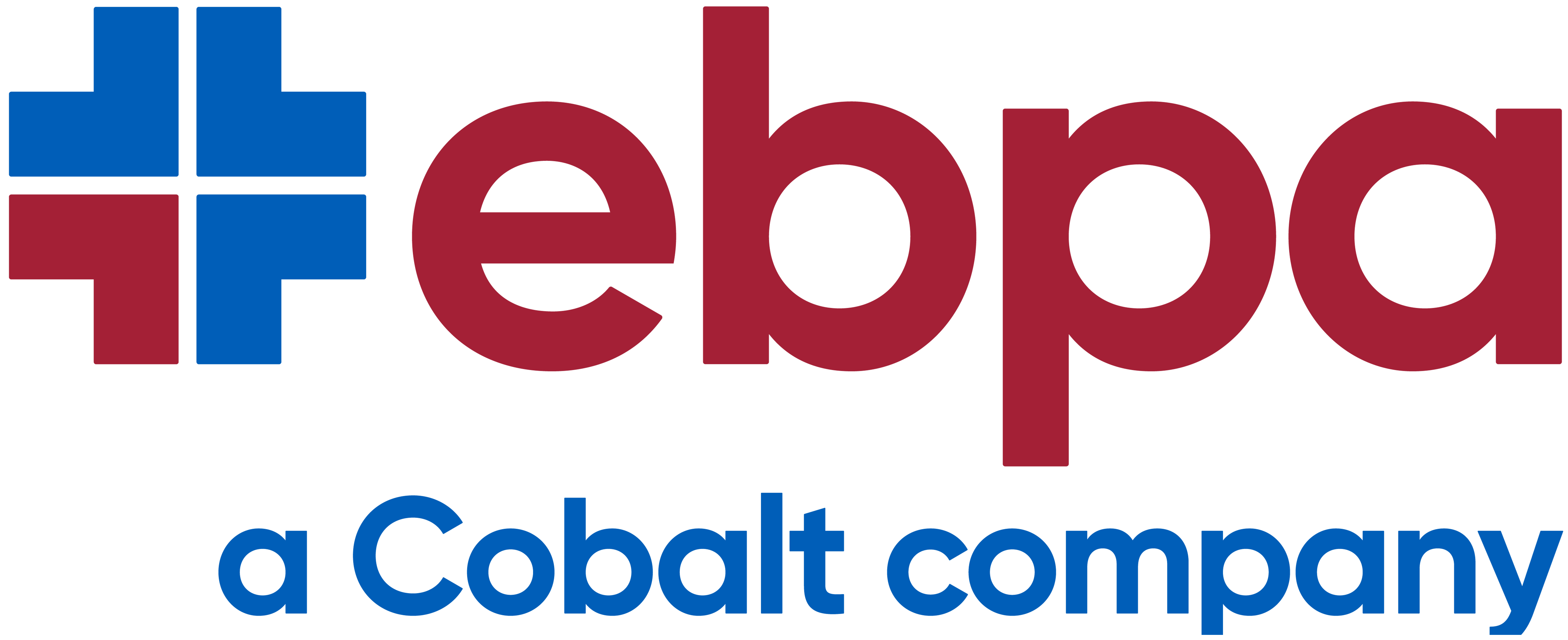No Surprises Act
effective January 1, 2022
This article is for acute care hospitals, ambulatory surgical centers, and out-of-network providers caring for our members
The No Surprises Act, enacted as part of the Consolidated Appropriations Act (CAA) in late 2020, provides new federal consumer protections against balance billing for medical bills under certain circumstances. Claims subject to balance billing protections may occur:
- In emergency situations when a patient can’t control who is involved in their care
- In non-emergency situations when they schedule a visit at an in-network facility but are unexpectedly treated by an out-of-network provider
- When out-of-network air ambulance services are provided for services that would have been covered if the air ambulance provider was in-network
Ground ambulance claims are not included under the No Surprises Act.
We want to let you know how we’re educating our members about their rights and protections under the law. Our Explanation of Benefits (EOB) will direct members to our website where we have posted disclosures explaining their rights and protection under the law which are:
Emergency services
If you have an emergency medical condition and get emergency services from an out-of-network provider or facility, the most the provider or facility may bill you is your plan’s in-network cost-sharing amount (such as copayments and coinsurance). You can’t be balance billed for these emergency services. This includes services you may get after you’re in stable condition, unless you give written consent and give up your protections not to be balanced billed for these post-stabilization services.
Certain services at an in-network hospital or ambulatory surgical center
When you get services from an in-network hospital or ambulatory surgical center, certain providers there may be out-of-network. In these cases, the most those providers may bill you is your plan’s in-network cost-sharing amount. This applies to emergency medicine, anesthesia, pathology, radiology, laboratory, neonatology, assistant surgeon, hospitalist, or intensivist services. These providers can’t balance bill you and may not ask you to give up your protections not to be balance billed. If you get other services at these in-network facilities, out-of-network providers can’t balance bill you, unless you give written consent and give up your protections.
You’re never required to give up your protections from balance billing. You also aren’t required to get care out-of-network. You can choose a provider or facility in your plan’s network.
When balance billing isn’t allowed, you also have the following protections:
- You are only responsible for paying your share of the cost (like the copayments, coinsurance, and deductibles that you would pay if the provider or facility was in-network). Your health plan will pay out-of-network providers and facilities directly.
- Your health plan generally must:
- Cover emergency services without requiring you to get approval for services in advance (prior authorization).
- Cover emergency services by out-of-network providers.
- Base what you owe the provider or facility (cost-sharing) on what you would pay an in-network provider or facility and show that amount in your explanation of benefits.
- Count any amount you pay for emergency services or out-of-network services toward your deductible and out-of-pocket limit.
Non-participating providers’ responsibilities and rights under the law
Under the No Surprises Act, non-participating providers are prohibited from balance billing under the circumstances described above.
The statute requires providers, including hospitals, to make notice about balance billing requirements and prohibitions publicly available and provide them to consumers. The regulations supporting the No Surprises Act detail information that must be included in such notice.
The federal law also includes provisions allowing providers to request negotiation of the payor’s payment for bills subject to the No Surprises Act, and if negotiation fails, to enter into the Independent Dispute Resolution (IDR) process, also known as arbitration, to determine the allowed payment amount.
- If the provider or facility wishes to initiate a 30-day open negotiation period for purposes of determining the amount of total payment, please contact:
| Mail: | Employee Benefit Plan Administration (EBPA) Attn: NSA PO Box 2365 S. Burlington, VT 05407 |
| Phone: | 1-800-525-8788. |
| Email: | EBPA-IDRRequest@ebpabenefits.com |
- The request should include the Open Negotiation Notice form.
- If that 30-day open negotiation period does not result in a determination, generally the provider or facility may initiate the IDR process within 4 business days after the end of the open negotiation period. To initiate the IDR process, submit requests in writing to:
- Email - EBPA-IDRRequest@ebpabenefits.com
Please be sure to include all information required by the No Surprises Act. For the Independent Dispute Resolution (IDR) process, the provider must furnish the Notice of IDR Initiation to the Department of Health and Human Services on the same day the notice is furnished to EBPA.
Resources
